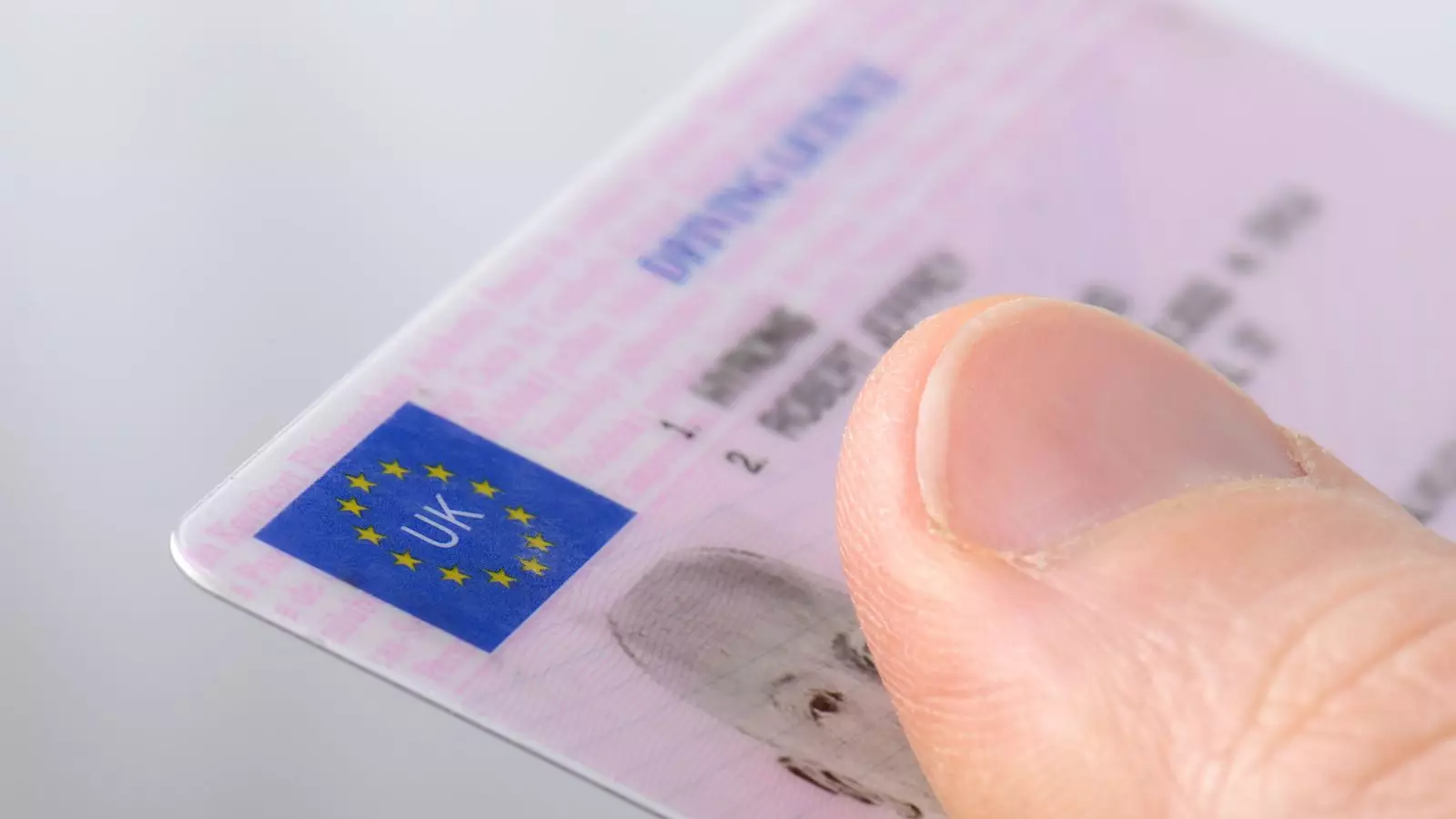In a bold move aimed at eradicating welfare fraud, the UK government is set to introduce a stringent new bill known as the Public Authorities (Fraud, Error and Recovery) Bill. This legislative initiative, spearheaded by the Department of Work and Pensions (DWP), represents what officials call the largest crackdown on fraud in a generation. The bill proposes a range of measures aimed at those who exploit the social security system, a scenario elicited by substantial financial losses attributed to fraudulent activities. With estimates suggesting that nearly £8.6 billion was lost due to fraud and erroneous overpayments in the fiscal year ending April 2024, the government’s urgency to fortify the welfare system has never been more pressing.
This proposed legislation, expected to be presented in Parliament soon, aims to introduce unprecedented powers for the government to recover funds from individuals deemed guilty of defrauding the taxpayer. Among the most controversial yet compelling aspects of the bill is the potential for the government to access individuals’ bank accounts directly to reclaim owed funds. Critics and supporters alike are anticipating the repercussions this could have, especially in a welfare state reliant on public trust.
Under the framework of the new bill, individuals convicted of benefit fraud might face severe repercussions not just concerning their finances but also their mobility. Specifically, the bill proposes that individuals could be banned from driving for durations extending up to two years if they remain non-compliant with repayment requests. This could add a whole new dimension to the enforcement mechanisms at the disposal of the DWP. Furthermore, courts would be granted the authority to suspend driving licenses for debtors exceeding £1,000 if they repeatedly fail to respond to debt repayment requests—a significant escalation in the government’s enforcement capabilities.
Work and Pensions Secretary Liz Kendall articulated the government’s stance, highlighting a commitment to ensuring that the welfare system remains secure and that law-abiding taxpayers are not unduly burdened by those who exploit it. Kendall’s statements invoke a sense of urgency and responsiveness, emphasizing the need to “turn off the tap” on fraudsters who undermine public support systems. This rhetoric brings to light the perceived systemic weaknesses that have allowed welfare fraud to proliferate—particularly during crisis periods such as the COVID-19 pandemic, when reported fraud rates surged dramatically.
Crisis Context: The COVID-19 Effect
The COVID-19 pandemic catalyzed a significant rise in welfare fraud, nearly doubling the rates of fraud and overpayments in just two years. By 2023, the reported fraud rates reached almost 4% of the total benefits disbursed by the DWP. This sharp increase is a wake-up call to policymakers and may have influenced the impetus for the proposed bill. The pandemic created an environment ripe for exploitation, leading to urgent calls for reform within the welfare state.
It is crucial to examine how these new measures are designed to address the vulnerabilities that were exposed during this period. By granting additional powers to the DWP, including the ability to obtain bank statements, the government is signaling a serious intent to recover fraudulent payments and discourage potential criminals from abusing social security resources.
While the proposed bill has garnered support among some governmental factions, it has also attracted scrutiny and criticism. For instance, Helen Whately, the shadow work and pensions secretary of the opposition, suggested that while tackling the issue was essential, the bill is a continuation of existing Conservative policies, implying a lack of innovation in the approach. This highlights a broader debate about the effectiveness and motivation behind governmental reforms in the welfare system.
Additionally, the proposal includes built-in safeguards meant to ensure that the enhanced powers are applied judiciously and safely. Kendall highlighted the importance of independent oversight and reporting mechanisms to maintain public confidence in the government’s actions. This acknowledgment of potential overreach suggests that the government is aware of the risks associated with empowering agencies with such significant authority.
The introduction of the Public Authorities (Fraud, Error and Recovery) Bill marks a potentially pivotal moment in the ongoing struggle against welfare fraud in the UK. It reveals the tensions between securing social systems and ensuring fairness for taxpayers. As the government pushes forward with these changes, the impact on both public confidence and compliance with welfare regulations will be crucial to monitor. The overarching goal remains clear: to restore integrity to the welfare state while striking a balance that safeguards the rights of individuals accused of fraud.


Leave a Reply